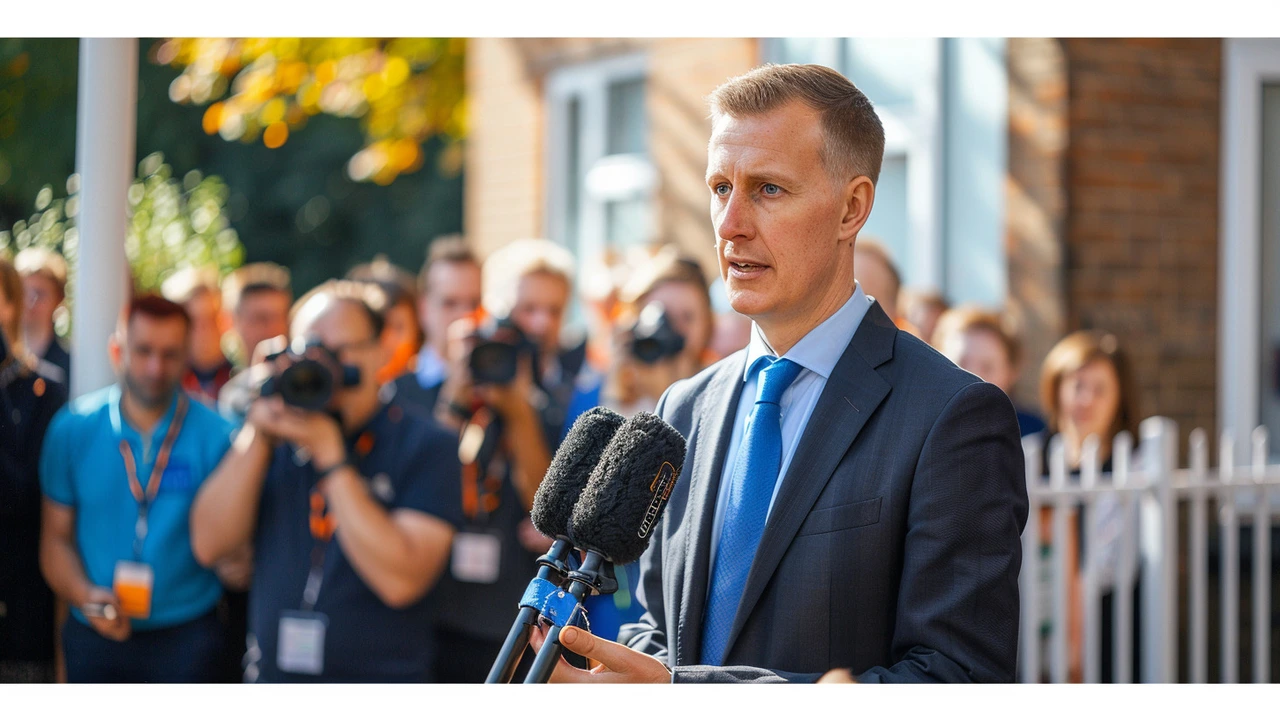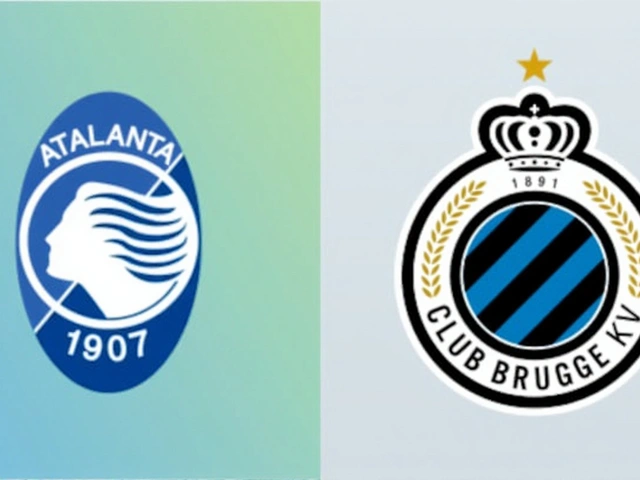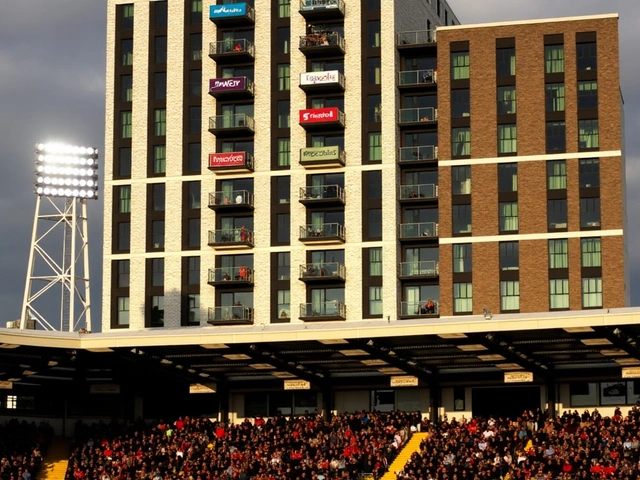Tory leadership race: what to watch and why it matters
The Tory leadership race shapes who runs the UK government and sets policy for years. If you care about trade, aid, migration or security ties with Africa, this contest matters. Here’s a plain, practical guide to how the race works, who tends to influence the result, and the real effects the winner can have.
How the contest works
Candidates start by winning support from Conservative MPs. Those MPs vote in a series of rounds to shrink the field until two names are left. After that, the party’s wider membership picks the final winner by postal or online ballot. The process can take a few weeks from start to finish, and momentum often swings fast when big endorsements or donor backing arrive.
Watch three early signs of strength: a candidate’s number of MP nominations, endorsements from senior figures (former ministers, big donors, union groups inside the party), and how they perform in media interviews and leadership hustings. Polls of party members matter too, because the final decision rests with them, not the general public.
Who to watch and what they promise
Candidates tend to cluster into clear camps: tax-cutters and business-friendly figures, social conservatives, and pragmatic centrists who promise stability. Pay attention to specific policy pledges — taxes, health spending, immigration rules, and foreign policy — since those are the items a new leader can move quickly on. Voters and markets react to pledges about the economy and public services almost immediately.
Don’t ignore style and discipline. Leadership is about coalition building inside the party and convincing voters outside it. A candidate who handles tough interviews, keeps calm under fire, and builds a credible team often beats a flashier rival in the final vote.
Why the outcome matters for Africa and global ties
A new Tory leader can change Britain’s approach to Africa on trade, aid levels, security cooperation and the Commonwealth. Look for shifts in trade diplomacy, visa rules for business and students, and defence partnerships. For African governments and businesses, clarity on trade deals and visa policy is what matters most because it affects investment and travel plans.
Policy tone matters too. A leader who prioritises tight immigration controls may change asylum and short‑term worker rules that affect migration routes and labour flows between the UK and African countries. On the other hand, a leader pushing for stronger trade links could open new markets and boost investment projects across the continent.
How to follow this race: check regular vote tallies, read candidate policy briefs, and watch speeches for specifics on trade, aid, and migration. For live updates and context on what a win means for Africa, stick with local coverage that tracks both UK announcements and reactions from African capitals.
Want short, reliable updates? Subscribe to Ginger Apple News alerts — we track key developments and explain what each twist means for African readers and partners dealing with the UK.
Jeremy Hunt Excludes Himself from Tory Leadership Contest Amidst Increasing Right-Wing Momentum
By Sfiso Masuku On 7 Jul, 2024 Comments (12)

Jeremy Hunt, the former Chancellor, has announced he will not participate in the race to succeed Rishi Sunak as Conservative Party leader. Known for his moderate stance, his decision might dishearten some party members aiming to prevent a rightward shift. Right-wing candidate Suella Braverman is expected to declare her candidacy, signaling a potential contentious leadership battle that could influence the party's future.
View More




